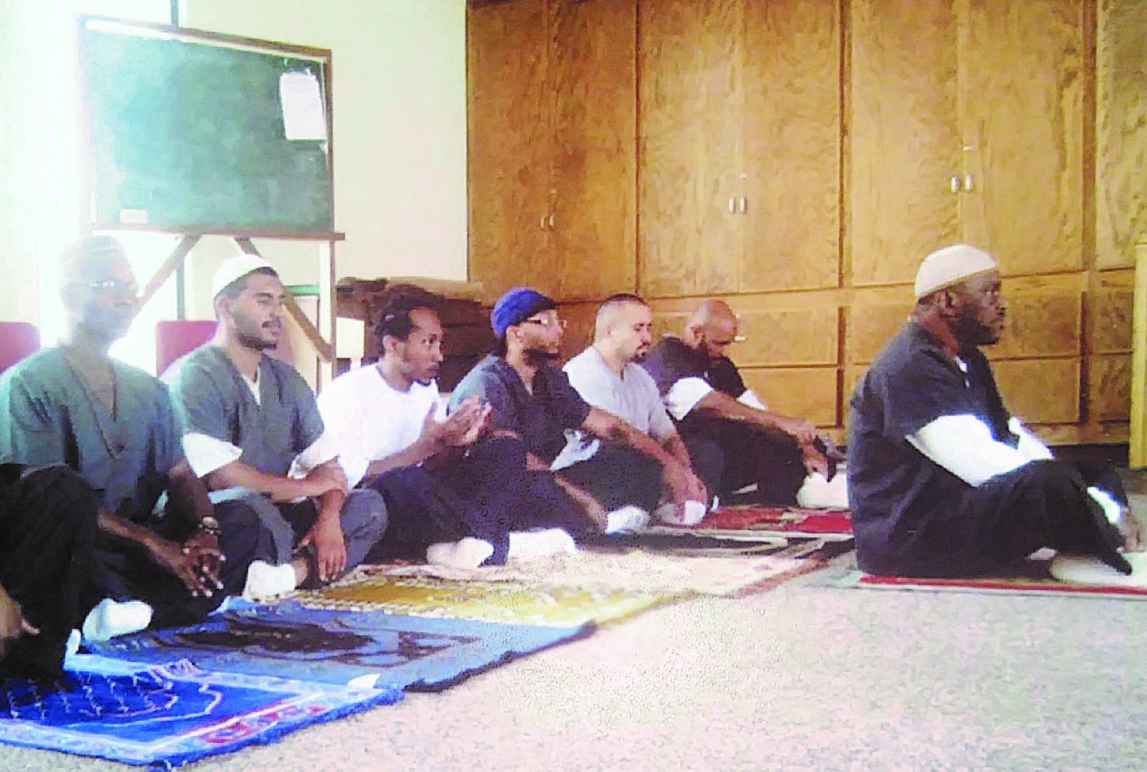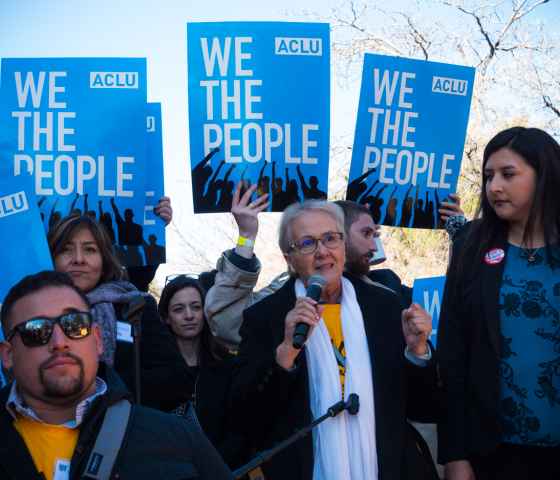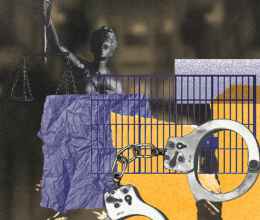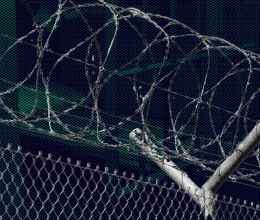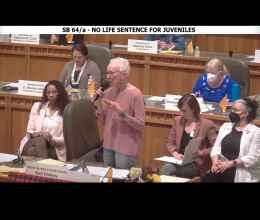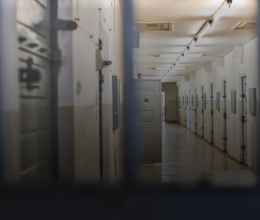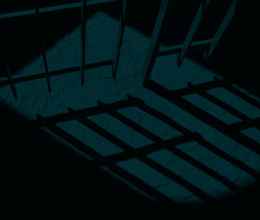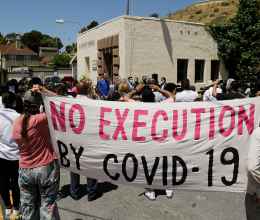"I'm doing better than I’ve ever done throughout the 18 years of my incarceration,” wrote Tremaine from the Roswell Correctional Center. “The freedom is unbelievable. I can literally go outside at 10 p.m. and go pray under the stars if I choose to. Thank you so much.”
It was mid-May and Ramadan was just beginning. For weeks prior, Tremaine was consumed with worry that he and his friends would be denied participation in the holy month, a time when Muslims deepen their faith through fasting and communal prayer.
But as he prayed beneath the stars, his fear turned to relief.
Tremaine had reached out to the ACLU of New Mexico on a number of occasions concerning the barriers he faced in practicing his faith while incarcerated, and encouraged many of his friends experiencing similar barriers to do the same. In response, ACLU-NM Legal Director Leon Howard sent a letter to wardens at state prisons in advance of Ramadan to remind them that inmates have a constitutional right to exercise their religious beliefs while incarcerated.
That letter appeared to have sparked change at the Roswell correctional Center.
It was a stark contrast from Tremaine’s last Ramadan, when he was still at Lea County Correctional Facility (LCCF) in Hobbs. He spent much of the month pleading with prison staff to allow him and his fellow Muslim inmates to pray together and to eat proper halal meals at the appropriate times. But most of his pleas fell on deaf ears. The warden didn’t even allow them to participate in Eid-Al-Fitr, the festival that marks the close of Ramadan and the end of fasting.
What should have been a time of peace and an opportunity to deepen his devotion and faith, was instead a time of frustration and despair. But Tremaine never gave up hope that his next Ramadan would be better. And he never stopped fighting to exercise his constitutional right to practice Islam — the faith he says saved his life.
“I came from a really dark place and after realizing how dark that place truly was, I never wanted to go back. So I turned on the lights,” said Tremaine when I visited him last summer at LCCF.
“I came from a really dark place and after realizing how dark that place truly was, I never wanted to go back. So I turned on the lights.”
At a young age, having little direction and guidance from the adults in his life, Tremaine joined an LA street gang, chasing wealth and power down an ever more dangerous path that eventually landed him behind bars at just twenty-one. But when he found Islam, he found peace.
It’s because of his faith that he maintains hope for the future, even after enduring nearly two decades of incarceration.
When I last spoke to Tremaine on the phone in May, I could hear that hope in his voice. He was convinced Leon’s letter spurred the prison administration to finally approve his proposal for Muslims’ observance of Ramadan, which allowed them to exercise their right to fast, pray, and follow a religious diet.
Here at the ACLU, we were overjoyed to hear the news. We know that when inmates are allowed to practice their faith, it can improve rehabilitation outcomes, and can even lower chances of reoffending.
We also know, as Leon so eloquently put it, “Religious accommodations are more than rights afforded to inmates by the First Amendment– for some, faith is the sole source of hope in a grim environment where the prospects for a better life are, at times, remote.”
When Tremaine goes to sleep at night, he gazes up at magazine cutouts of snow-capped Colorado mountains taped to the top of his bunkbed. He dreams of Mount Rushmore and touching an iPhone – technology that didn’t exist when he was locked up. More than anything, he dreams of becoming a motivational speaker for troubled youth to prevent young people from following in his footsteps.
In just a few years, Tremaine will be leaving prison and I, for one, am glad that when he’s out, he won’t be a member of a gang, but a member of a religious community that will support his continued rehabilitation.
“Change is hard,” says Tremaine. “I’m still changing every day, but I’m more grounded with Islam. I know I’ll be fine on the other side because it’s helped me to get through all these years.”
This article originally appeard in the 2018 spring edition of The Torch.

